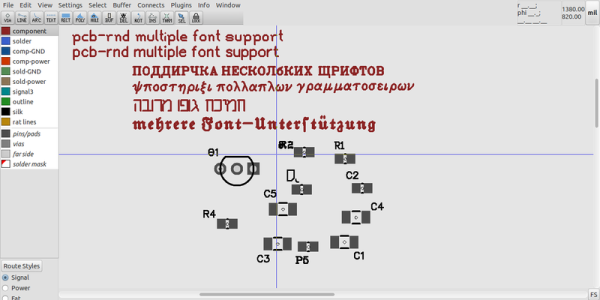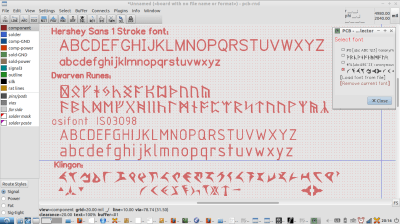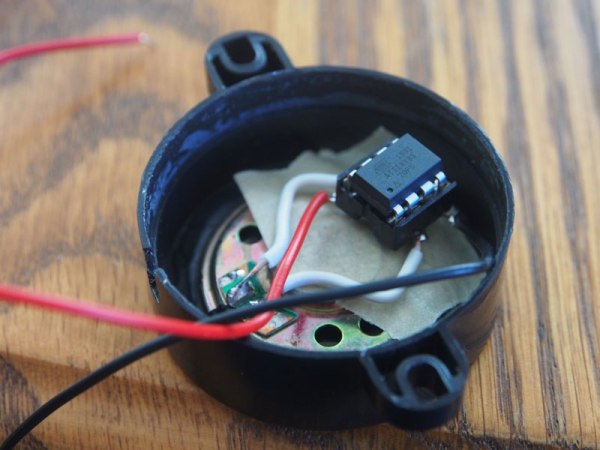There’s a lot of times in an average day when you’ll find yourself waiting. Waiting for your morning brew at the cafe, or for an email to show up — it’s often just a few minutes, many times a day. It’s far too short a time to get any real work done, but it adds up at the end of the week.
Enter WaitSuite, a language learning tool developed by MIT’s CSAIL. It’s a language learning tool, which aims to teach users words in a foreign language in these “micromoments” — the short periods of time spent waiting each day. The trick to WaitSuite here is in its ultralightweight design which integrates into other tasks and software on your computer and smartphone. Rather then having to launch a separate app, which takes time and effort, WaitSuite hovers in the background, ready to go when it detects a short period of wait time. Examples given are hitting refresh in Gmail, or waiting for a connection to a WiFi network.
The team behind the project calls this concept wait-learning; you can read the paper here. If you’d like to try it out, use the Chrome extension called WaitChatter. It quizzes you while you’re waiting on a response in GChat. We’d love to see the rest of the WaitSuite released publicly soon.
It’s a tidy piece of software that’s great for those looking for an alternative to compulsively refreshing social media while loitering. It probably won’t help you learn French overnight, but it could be a useful way to pick up some extra vocab without having to carve more time out of your schedule.
We don’t see a whole lot of language learning hacks here, but you might like to check out Adafruit’s take on the Babel Fish.

















